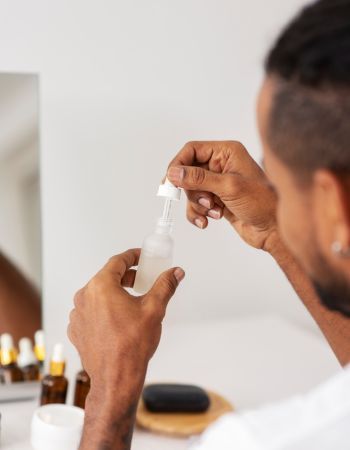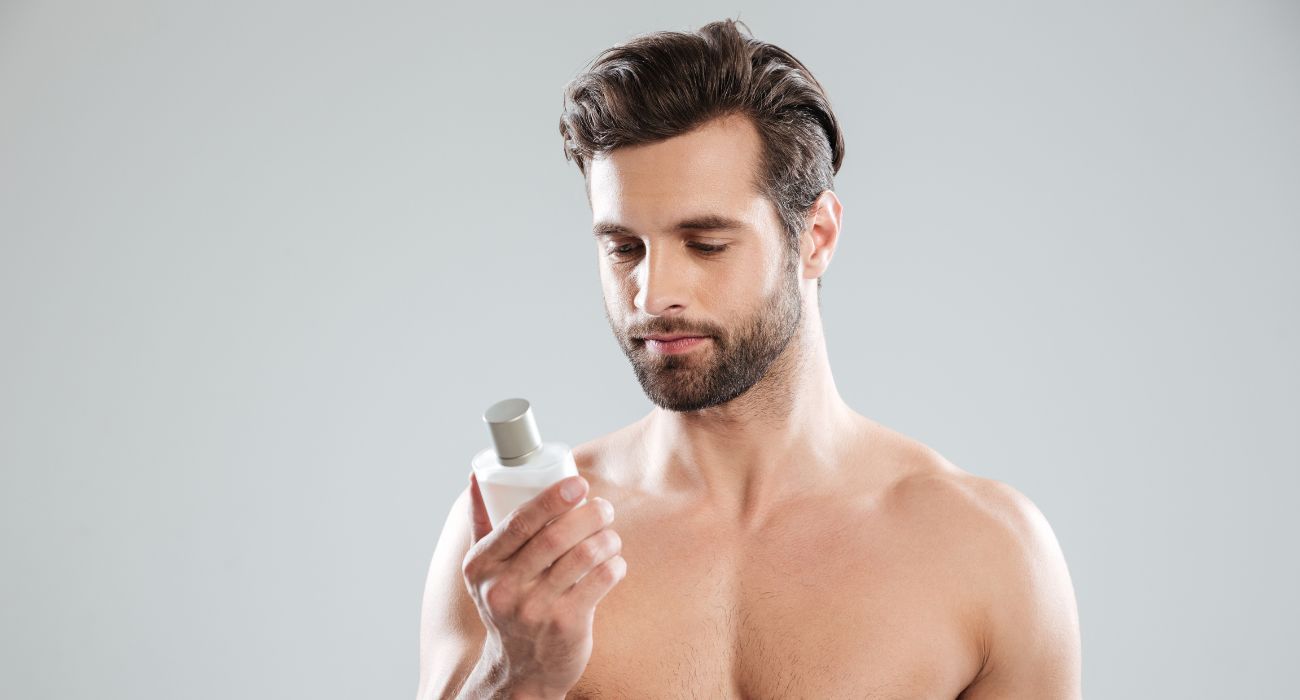When it comes to grooming, there’s as much confusion as there are choices. Labels that mention “sulphate-free” or “no parabens” like a badge of honour are often preferred, but why? The truth is, some ingredients do deserve their bad reputation but some are simply misunderstood, made into villains by marketing or half-baked science. Here’s a guide to the big red flag names in skincare and haircare and which ones are fine to use and why
Parabens
Simply put, parabens work as preservatives for the products; they help in keeping them last longer. They keep bacteria and mold from setting up in your shampoo or face cream. The bad press comes from studies that linked parabens to hormone disruption—though the doses in those studies were way higher than you’d ever find in a bottle. They are also said to cause allergies, and skin sensitivities.
Sulphates
They are responsible for lathering up your products like shampoo, soaps and face washes. Basically, they are the cleansing agents. The thing with sulphates is that they are safe when used in a controlled amount but going overboard is a problem. It can strip away natural oil from the scalp and skin causing dryness and flakiness. It is especially bad for people with dry skin or scalp, eczema, or rosacea. It can also cause colour fade if you’ve dyed your hair.
Synthetic Fragrance
'Fragrance' on an ingredient label sounds harmless, but it can be a cocktail of dozens of chemicals you’ll never see listed out. For some people, that means allergies, irritation, or even headaches. It can especially be bad for people with sensitive skin type or prone to skin allergies and irritation.
Alcohol
Not all alcohols are created equal. The quick-drying ones (like ethanol) can leave your skin parched, which is why old-school aftershaves sting so much. But fatty alcohols (like cetyl or stearyl) actually moisturise and make creams feel smooth.
Silicones
Silicones give your hair that silky slip and your moisturiser that velvety finish. Though they are non-toxic, long-term use can cause build-up, weighing your hair down and dryness.
Mineral Oil
It’s been called a cheap filler because it’s a petroleum by-product, but mineral oil in cosmetics is highly refined and safe. It’s brilliant at sealing in moisture, though it can clog pores for oily or acne-prone skin. In short, great for dry skin, but it can feel heavy on oily or acne-prone faces.
Phthalates
Phthalates often show up in fragrances to make them last longer. Some studies link certain phthalates to hormone disruption, which is why they’re on so many avoid lists. A lot of brands have already phased them out. If you want to be extra cautious, look for “phthalate-free” labels.






